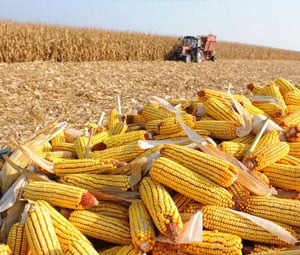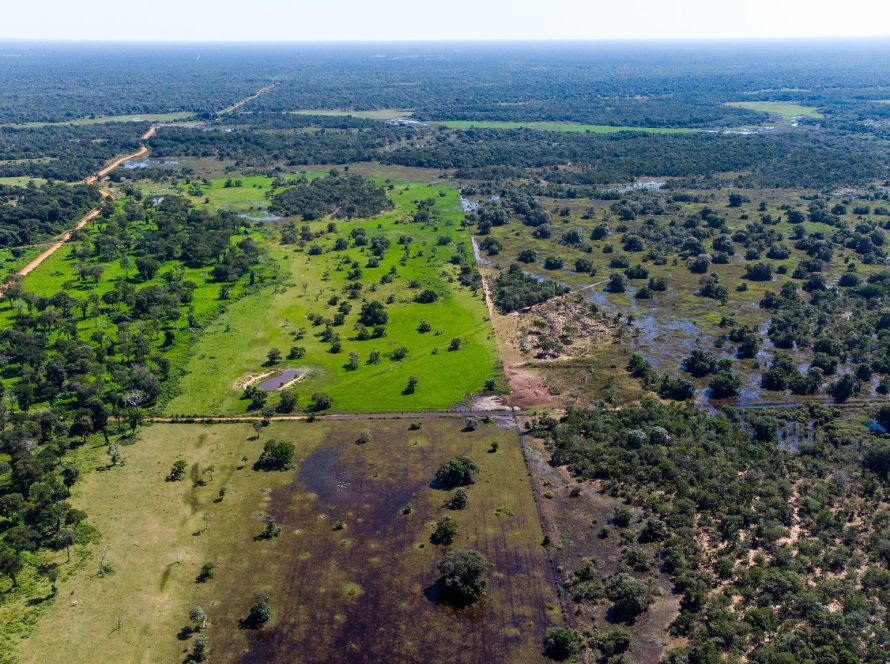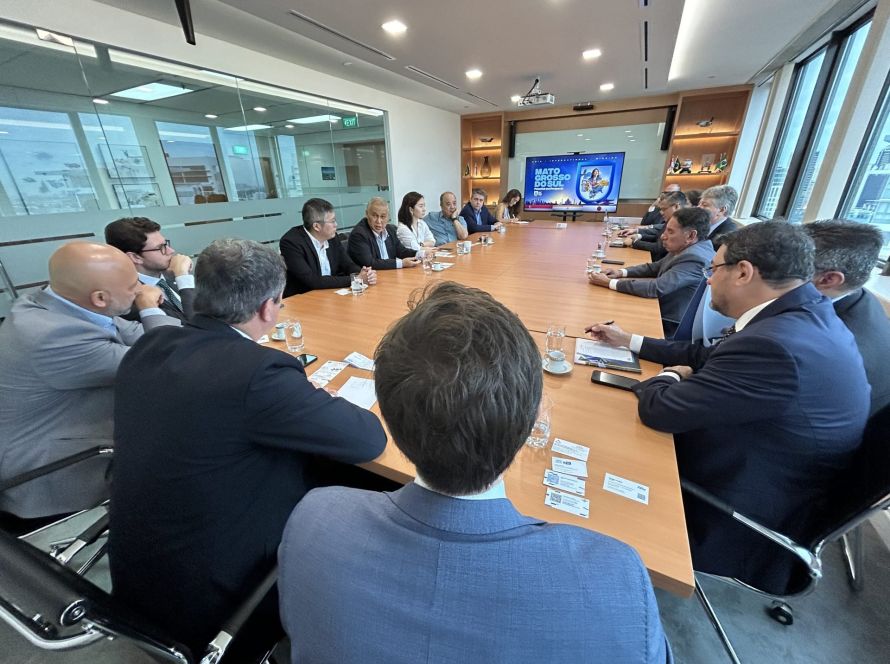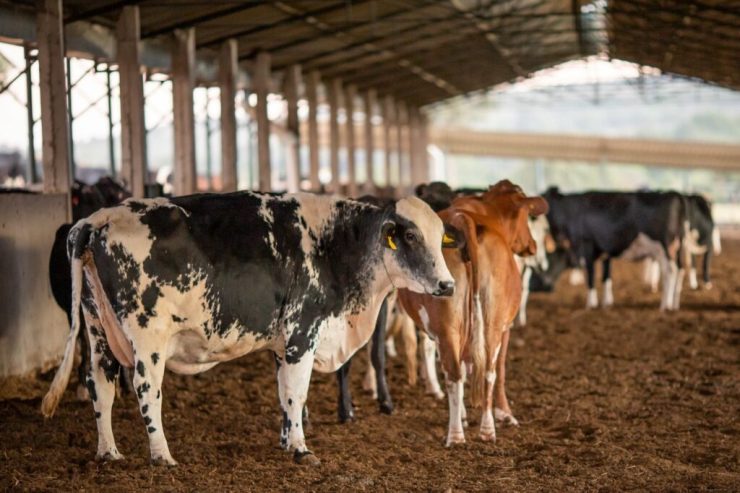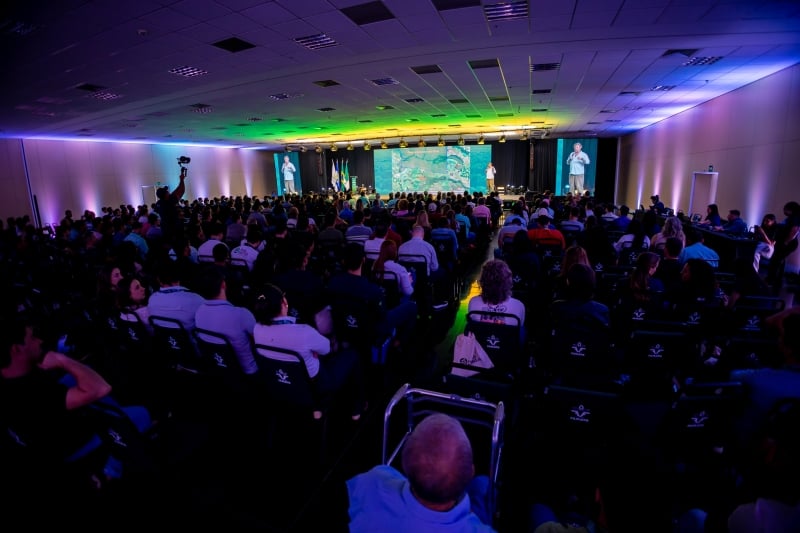
After two days of programming, the 5th Technical Symposium of the Mato Grosso Soybean and Corn Producers Association (Aprosoja MT) concluded this Thursday (August 7). The event covered crucial topics for the production sector, including the urgent need for investment in storage and strengthening the image of rural producers in light of international sustainability criteria. The second and final day featured Daniel Vargas, a professor at the Getúlio Vargas Foundation (FGV) and a PhD in Law, and biologist Richard Rasmussen, who led the sustainability panel.
Luiz Pedro Bier, vice president of Aprosoja MT and coordinator of the Sustainability Committee, opened the panel by explaining how the organization has sought to demonstrate to the public that Mato Grosso producers are already sustainable in practice. He highlighted the organization's role in communicating this reality and offering technical and institutional support for the challenges faced by its members. According to Bier, the event had a positive impact, bringing together producers from various regions of the state. "We discussed sustainability, the importance of resolving bottlenecks such as storage, and presented SEMA's support regarding the CAR. We also presented the work of Aprosoja MT's committees and the data generated by our research centers. We are facing difficult times, and technical information is essential to overcome these difficulties," said Bier.
During his lecture, FGV professor Daniel Vargas then addressed the importance of Brazil understanding, adapting, and negotiating the sustainability criteria imposed by international trade. "The big question is how we understand the sustainability criteria increasingly present in global trade and, from there, how we position ourselves, adapt, or negotiate so that these criteria are more aligned with our reality. What's being discussed today is how we produce, what types of inputs we use, and what criteria the world and trade demand for our products. We cannot accept imported standards without question; the rules need to adapt to our tropical reality so that Brazil can legitimately continue to lead global production," he explains.
While technical lectures with experts were taking place in the auditorium, the exhibitor area for partner companies and institutions, such as Riosoft, Sicredi, Kepler Weber, AGI, Lifetime Investimentos, BTG Pactual, Motomco, and others, fostered integration between producers, technological solutions, and services. Querência's delegate, Valdair Hauenstein Granja, reported that the increase in corn production contrasts with the lack of storage infrastructure. "Querência and the Araguaia Valley region produce a lot, but there's a shortage of warehouses. Coming here to the Symposium to talk about this is crucial for all of agriculture. Today, it's common to see mountains of corn surrounding warehouses, farms with silos, and a lack of credit with affordable interest rates. We producers often can't do this alone, so we've come together to make this investment. In our region, we have a cooperative, and we're slowly doing it. We want to increase capacity, but it's not easy because we're facing a significant agricultural crisis, with credit difficulties and very low sales prices that don't keep up with production costs," he states.
The closing keynote was given by biologist and communicator Richard Rasmussen, who, after immersing himself in Mato Grosso's agribusiness, shared that, despite external pressure, Brazilian rural producers are among those who contribute most to environmental sustainability, maintaining large protected areas on their properties and following responsible practices. "It's a technical event, and being here as a biologist reinforces the importance of producers in the sustainability and conservation of our country, which maintains its legal reserves, the Permanent Protected Areas (APPs). So, once again, I'm here to share my experience from this past year, during which I actually visited the field on several occasions, and I present the results of this visit from the perspective of a biologist who is concerned with conservation," he emphasized.
For those who were unable to attend, the sixth edition of the event has already been scheduled and will be held on August 5th and 6th, 2026. With a complete technical program, space for debates and the presence of relevant voices from the agricultural sector, the Aprosoja Mato Grosso Technical Symposium reinforces that producing responsibly is a commitment of Mato Grosso's rural producers, but that it is necessary to support them so that they are able to better structure the field and defend this image before the world.


